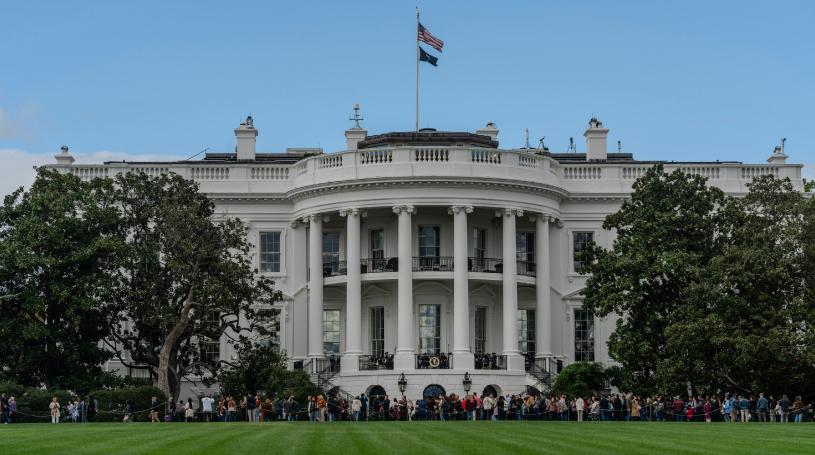Last month’s Oval Office showdown between Trump and Ramaphosa was entirely predictable - oil and water don’t mix
In some ways last month’s Oval Office showdown between Donald Trump and Cyril Ramaphosa was entirely predictable. As they say, oil and water don’t mix. And so it turned out.
Trump has styled himself as a man of action who will do and say exactly as he pleases, seemingly with little regard for consequences.
Ramaphosa on the other hand is renowned for quiet diplomacy so quiet one sometimes wonders if he has done or said anything at all.
Crime is a notable case in point. While Trump sees fit to pontificate about a non-existent white genocide, Ramaphosa’s response to the Oval Office dressing down has been typically underwhelming.
One would think our appalling crime statistics paraded across the world stage would warrant an immediate response. But there has been a conspicuous lack of urgency around crime issues since the return of South Africa’s much-vaunted Oval Office delegation, a group which featured more top golfers than crime intelligence experts despite Trump’s anticipated focus on crime.
While the post-White House debate has focussed largely on Starlink and tariffs, most ordinary South Africans continue to struggle under the yolk of debilitating crime, both at home and at work. Crime remains the single biggest impediment to economic growth.
Government’s current response to the crisis is largely ineffectual, evidenced by the sheepish showing in the White House where our crimefighting failure was on full display. But, as political commentator Carol Paton points out, it has not always been this way. Crime declined significantly between 1994 and 2011, thanks largely to a National Crime Prevention Strategy that saw the murder rate drop from 74 per 100 000 to just 30 per 100 000.
By contrast our violent crime rate is now increasing.
There is also a pitifully muted response to corruption. The long list of recommendations stemming from the Zondo Commission of Enquiry into State Capture has been largely ignored.
Police are also battling to combat illicit trade resulting in the loss of billions in tax revenue.
The net result is a fractured society increasingly at war with itself, and increasingly unable to attract foreign direct investment or retain skilled workers. UN figures quoted by Daily Investor this week show that over one million South Africans now live abroad – a large percentage of them skilled workers. Between 1990 and 2024, an average of 57 people left South Africa every day. Over the past four years that number has risen to 74 a day, the UN figures show.
Many of the people leaving are budding entrepreneurs who could be the Elon Musks of tomorrow.
As organised business we should do more than complain about lawlessness; we must assist in finding solutions to this crisis. The lesson of the past few months is that we cannot rely on outside help, in a world fast running out of favours.
Hopefully our next trip to the Oval Office will feature more crime fighting heroes than golfers, and more talk about how to address our real handicap than how to settle a clubhouse score.
John Lawson
CEO of the Cape Chamber of Commerce and Industry

